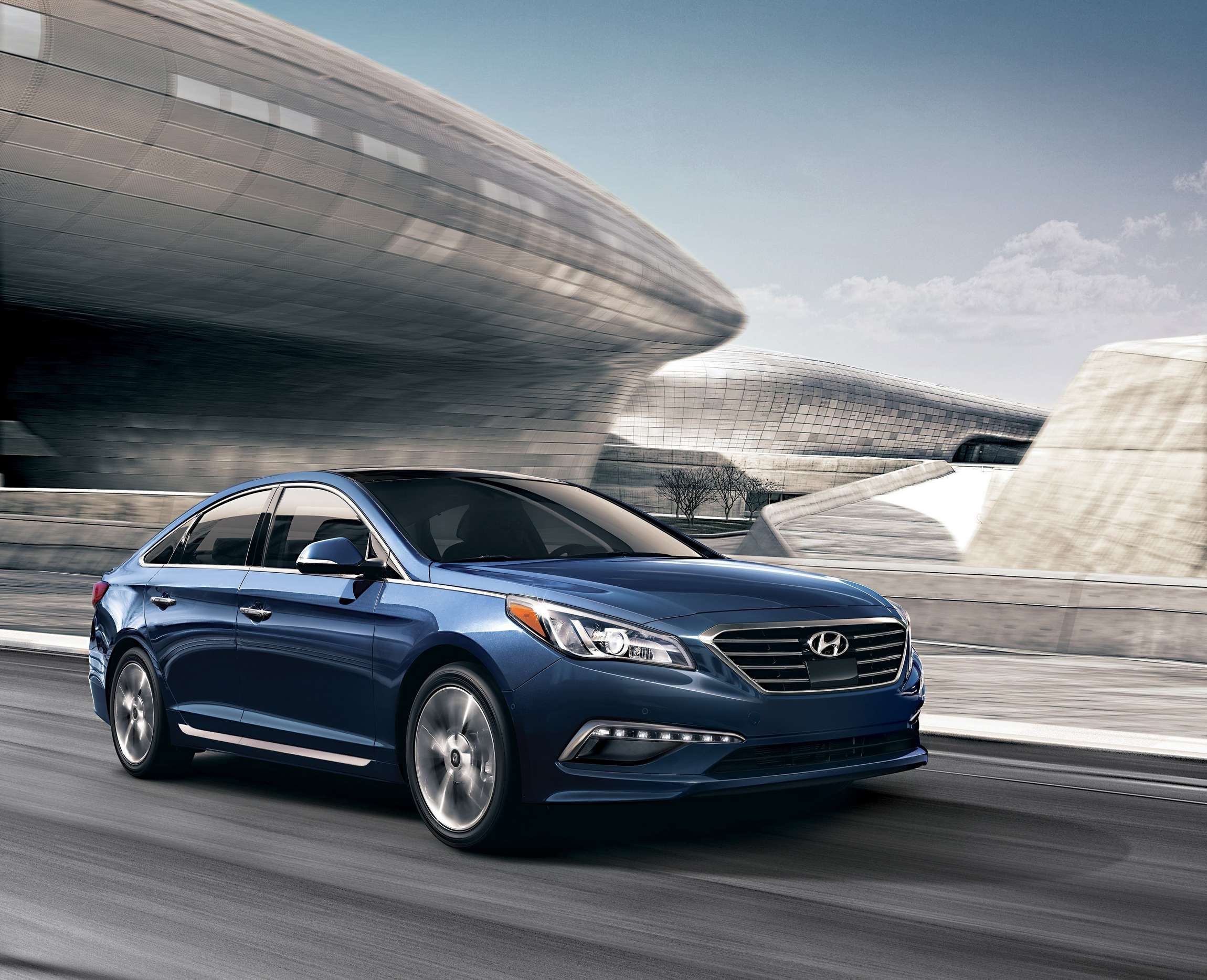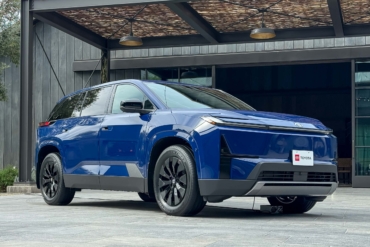Theft of Hyundai and Kia models is suddenly a big deal. It has become enough of a problem that some big insurers are refusing to cover the models. After a campaign that saw free steering wheel locks given out to customers, Hyundai and Kia on Tuesday announced a more comprehensive fix. A free software upgrade they say will stop the most common method of theft.
This might be the first crime wave that was boosted by a TikTok trend. It’s the first for the auto sector, at least. Thieves learned that there was a quick and easy way to steal many 2010-2021 Hyundai and Kia models using a USB cable.
Search for #HyundaiChallenge or #KiaChallenge, and you’ll find thousands of videos of thieves and victims demonstrating how to steal certain vehicles.
Despite rumors, it wasn’t a software hack inserted via USB, it was the USB cable itself. Millions of Hyundai and Kia vehicles made in those years that have a physical ignition key are the ones at risk. Push-start models weren’t susceptible to the tactic.
All a thief had to do was rip off the cover around the ignition cylinder and remove the cylinder. What’s left is a little nub of metal. And that piece just happens to fit into the end of a USB-A cable.
Turn the cable and the car would start. The steering column would unlock, and thieves could simply drive the car away.
TikTok Car Thefts
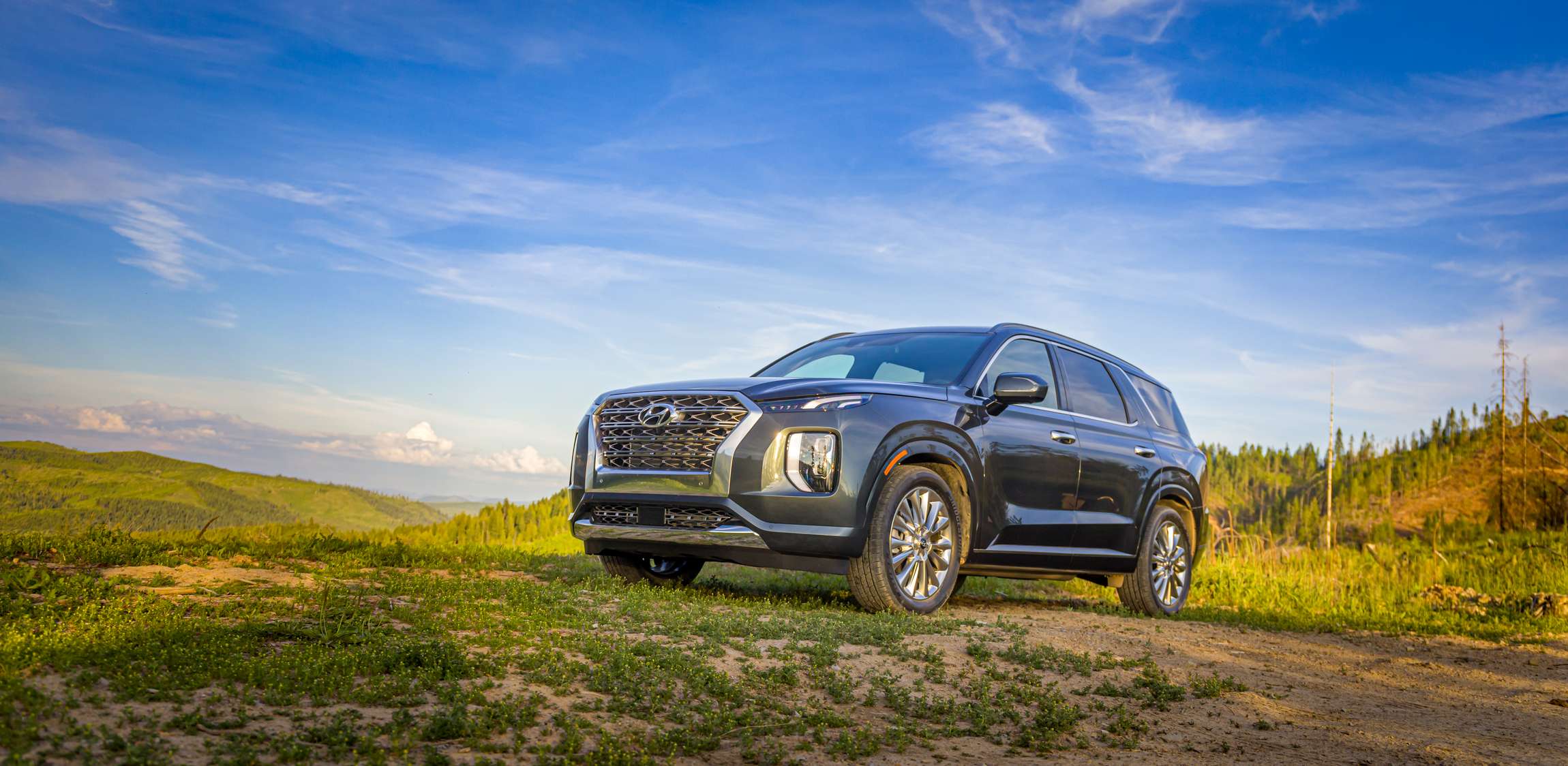
The crooks didn’t need a USB cable; pliers or other tools would work. But nearly every car has a USB charge cable inside it already, so thieves didn’t risk carrying potentially incriminating tools in their pockets.
“In our jurisdiction alone, [thefts of certain models are] up over 800% in the last month,” Cook County (Illinois) Sheriff Tom Dart told CNBC last September. “We see no end in sight.”
“The viral nature of how this has taken off on social media — it’s accelerated this like we’ve never seen,” Dart said. “[The perpetrators are] doing it in 20 to 30 seconds. It literally is as old-fashioned as you can imagine.”
One TikTok video of the thefts reached more than 33 million views, though it has since been removed.
Insurance Won’t Cover It
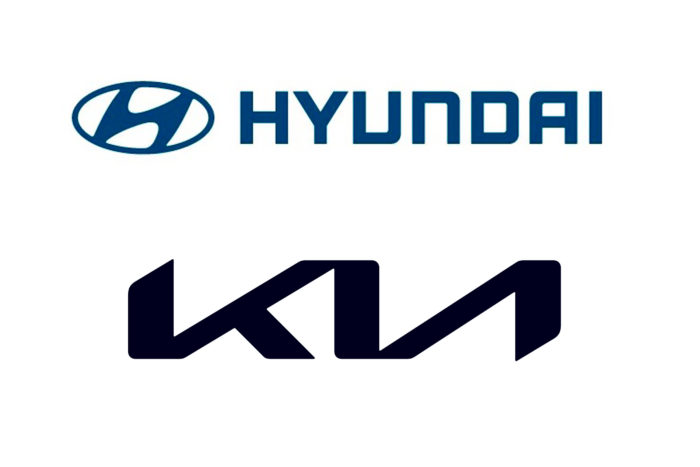
The vehicles became such a high risk of theft that insurers stopped issuing policies for them. USA Today reported that both Progressive and State Farm confirmed they would no longer issue policies for the affected vehicles.
HLDI, an insurer-funded group that analyzes police data surrounding vehicle collision and loss, also noticed the uptick in thefts. In its report, the group found that 2015-2019 model-year Hyundai and Kia vehicles saw a rate of theft claims nearly twice that of all other manufacturers.
HLDI attributes this to Hyundai and Kia not installing immobilizers in the vehicles. An immobilizer stops crooks from starting the vehicle using this method.
Permanent Software Fix Coming
Beginning in November of last year, Hyundai and Kia started a campaign in conjunction with law enforcement agencies to provide steering wheel locks to owners of affected vehicles. Under the program, 26,000 locks were provided to 77 law enforcement agencies in 12 states.
Wheel locks are only slightly more difficult to bypass than these ignition cylinders, so Hyundai and Kia worked to develop a software fix. The fix will begin rolling out this month.
Kia and Hyundai’s new software doesn’t add an immobilizer to the system. It extends the vehicle’s alarm sound to 1 minute instead of 30 seconds.
“The software upgrade modifies certain vehicle control modules on Hyundai vehicles equipped with standard ‘turn-key-to-start’ ignition systems,” Hyundai said. “As a result, locking the doors with the key fob will set the factory alarm and activate an ‘ignition kill’ feature so the vehicles cannot be started when subjected to the popularized theft mode. Customers must use the key fob to unlock their vehicles to deactivate the ‘ignition kill’ feature.”
Hyundai will also give customers a window sticker to notify thieves that the vehicle is equipped with anti-theft protection.
9 Million Affected Vehicles
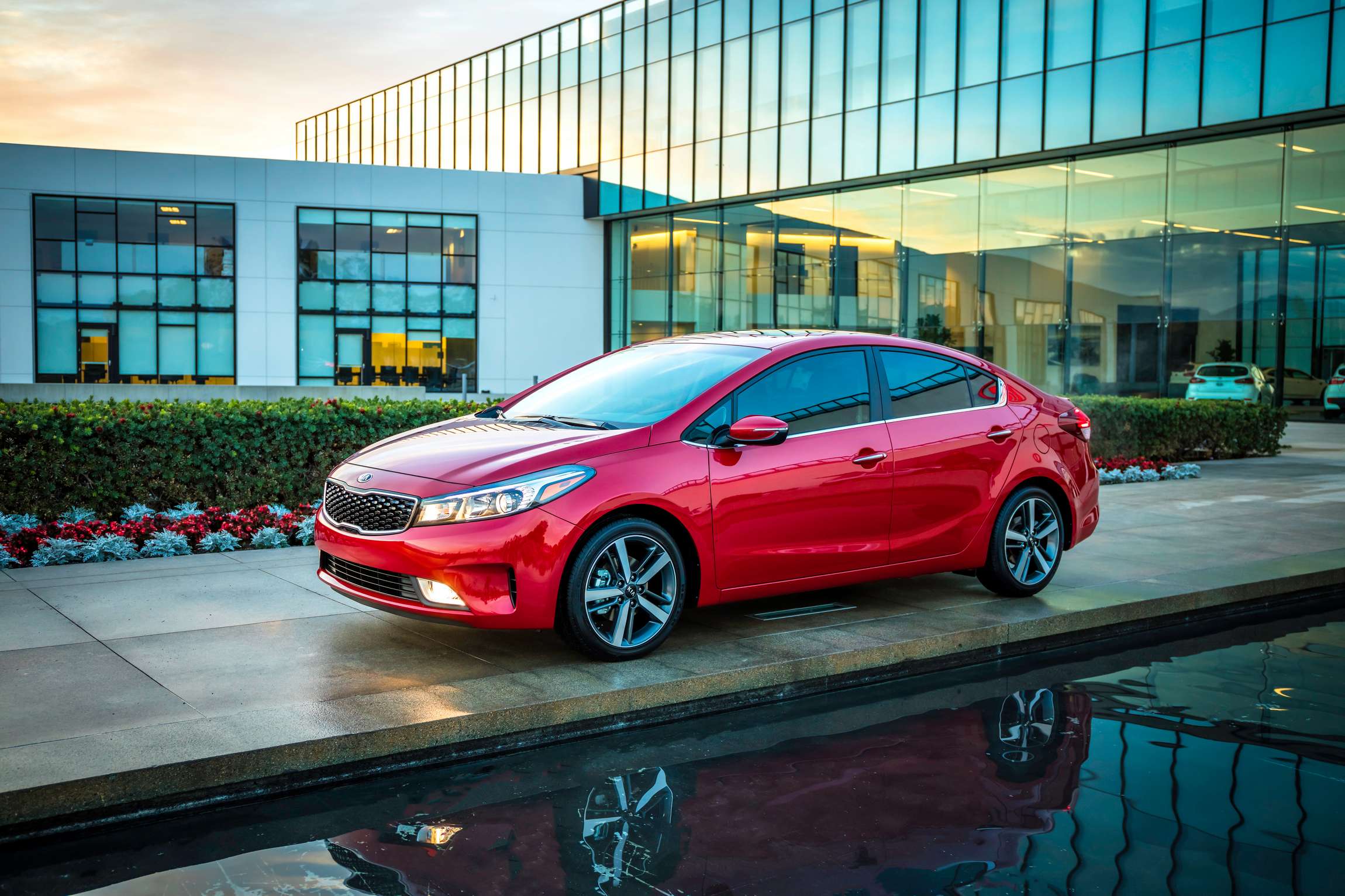
Hyundai said it will perform the update on nearly 4 million vehicles. Kia’s figure stands at around 4.5 million. Hyundai will begin with 1 million 2017-2020 Elantra, 2015-2019 Sonata, and 2020-2021 Venue models. The automaker said it expects the update to be available to all affected models by June 2023, and the list includes at least some trims of nearly every model Hyundai has made since 2011.
Dealers will implement the fix for free and Hyundai said it will take about an hour. The company added that all vehicles produced since November 2021 have an engine immobilizer, so they aren’t at risk of this vulnerability.
Hyundai said some 2011-2022 vehicles cannot accommodate this software upgrade. The automaker plans a wheel-lock reimbursement program and will notify those customers in the “near future.”
Similarly, Kia will begin to roll out software updates this month. The automaker didn’t specify which models were affected or the timelines for the update.
Customers can contact Hyundai (toll-free at 800-633-5151) or Kia (toll-free at 800-333-4542) for information on the update.
